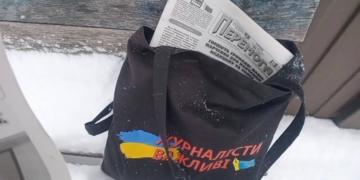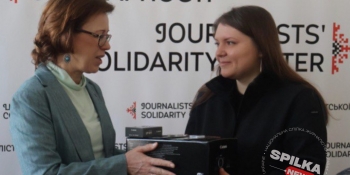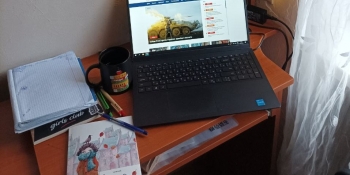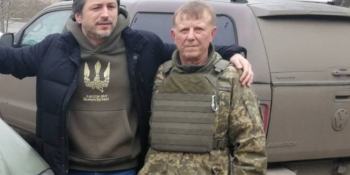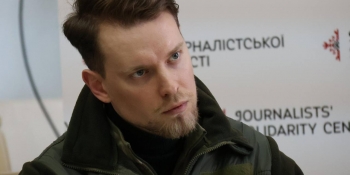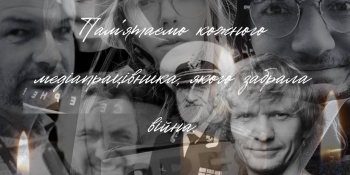A master class from a cycle entitled Ukrainian Fixers: Local Context and Global Challenges, organized with the assistance of Pylyp Orlyk Institute for Democracy, has been held at the Zaporizhzhia Journalists’ Solidarity Center of the National Union of Journalists of Ukraine (NUJU).
The master class was conducted by Orest Semotiuk, an expert of the Pylyp Orlyk Institute for Democracy’s Lviv expert group MAXQDA Trainer / candidate of political sciences / doctoral student of the Department of New Media at Ivan Franko National University of Lviv.
The event was overcrowded. More than 40 young journalists of regional mass media and freelancers, displaced media workers, students and teachers of the journalism faculty of two Zaporizhzhia universities. Speaker Orest Semotiuk says that we have heard a lot about fixers, but until the full-scale invasion, we did not fully understand what it was.
“Our institute conducts such trainings to familiarize Ukrainian journalists with this profession. Currently, Ukrainian fixers are a bridge between the regional context and the global media world. A fixer is like a nanny for journalists, they coordinate logistical matters, accompanies journalists and can even be a co-author of the material,” notes Mr. Semotiuk.
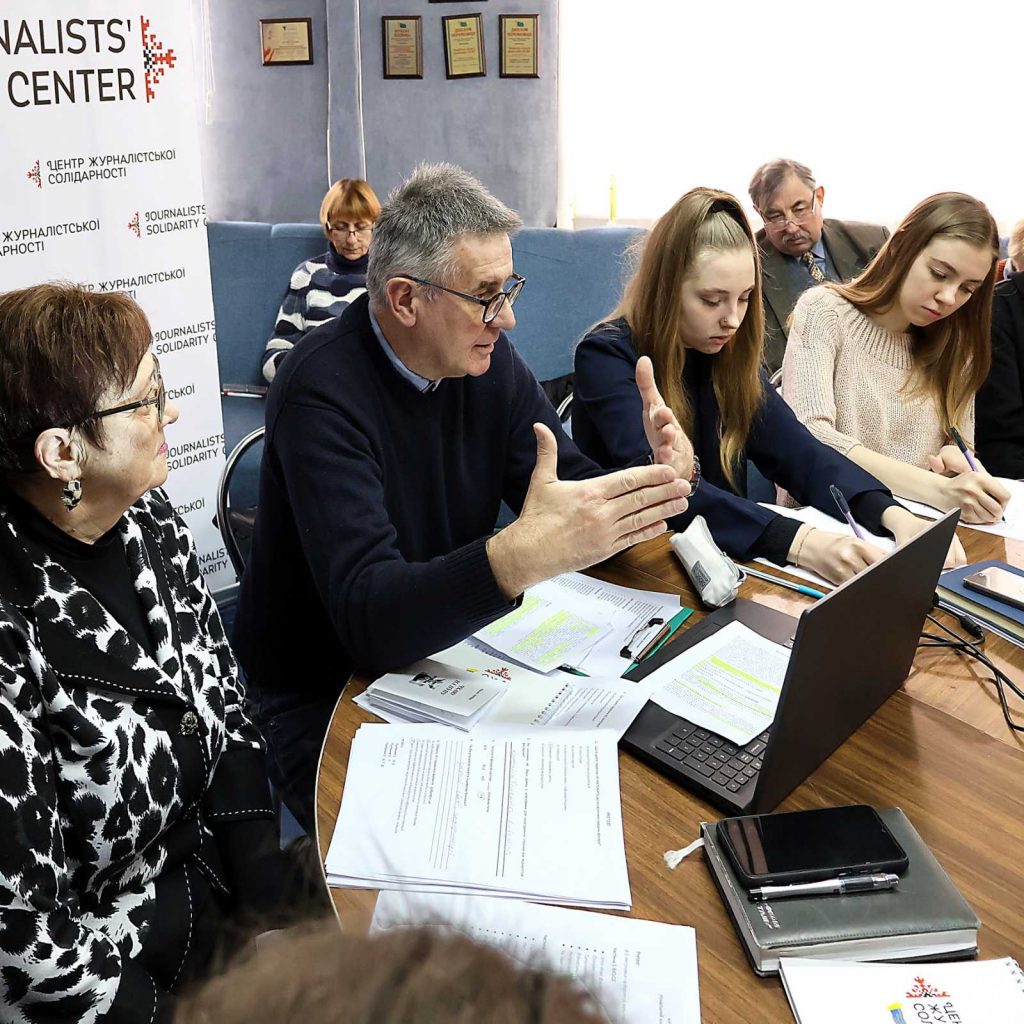
This training turned out to be very useful for resettled journalists as well. The editor-in-chief of the Trudova Slava newspaper from the front-line town of Orikhiv has this to say about it:
When we return to our de-occupied territories, due to circumstances, we will be forced to work not only on publishing a newspaper, but also to perform the work of fixers in a certain way. Because journalists will come to the territory of liberated communities and where they immediately start hunting information and appeal for help to local newsrooms. After all, not everyone has a personal fixer. And thanks to the workshop, we now have an idea and understanding of how to organize their work, how to make it productive and safe. And all this, in the end, will provide our readers, listeners, viewers with high-quality and relevant information.
A lot of attention was also paid to issues of safety and ethics in the work of fixers, namely: what a fixer should and should not do while in a combat zone. By the way, that is where journalists most often become fixers for each other.
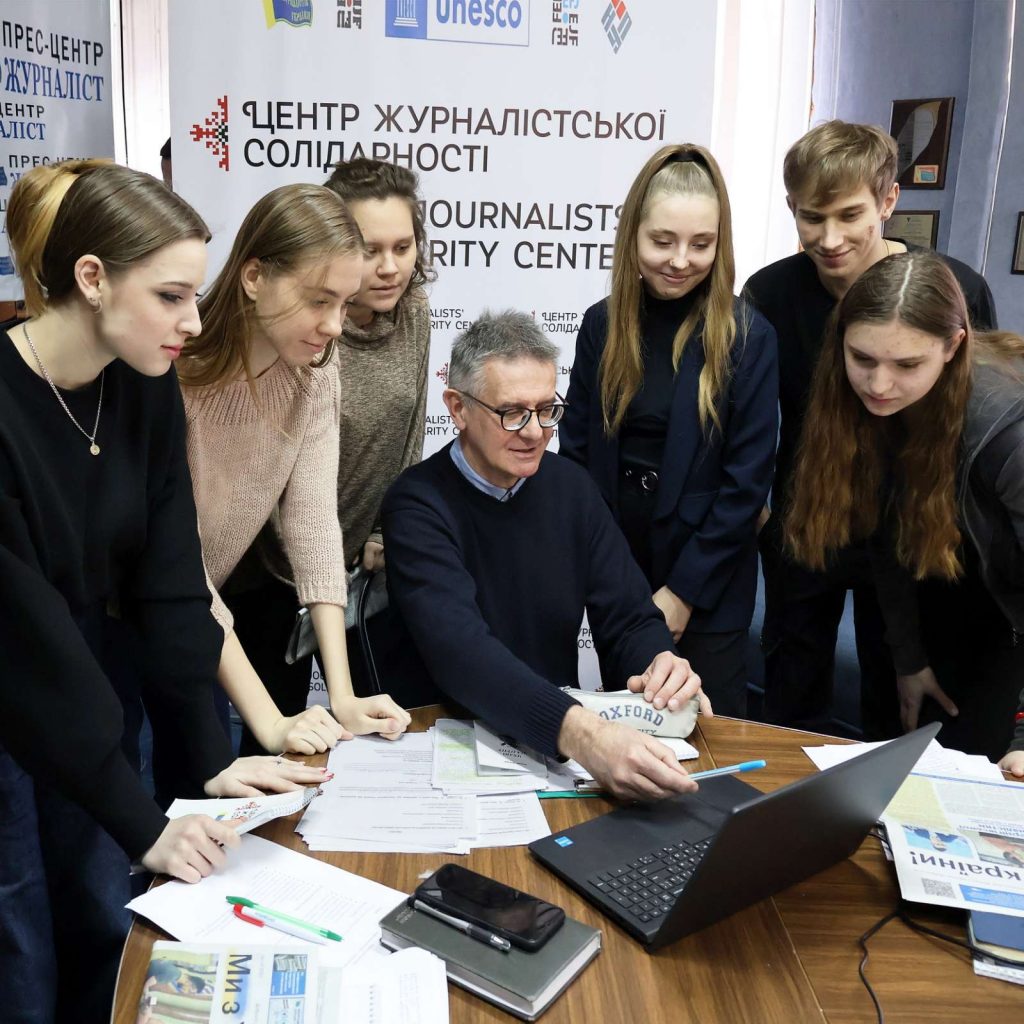
“Today, TV journalists have to act as fixers themselves, and our colleagues help each other during filming in the war zone. Therefore, we understand to a certain extent how serious and responsible a task it is to organize fruitful work in such conditions. So, this master class is very timely. We are grateful to the wonderful coach Orest Semotiuk and the Institute of Democracy named after Pylyp Orlyk for conducting it,” the journalist of MTM TV channel Mariyana Sarapii shared her impressions.
At the end of the master class, all its participants received its full video version and certificates.
The purpose of the event was to train fixers who will help foreign journalists and groups covering the war in Ukraine.





